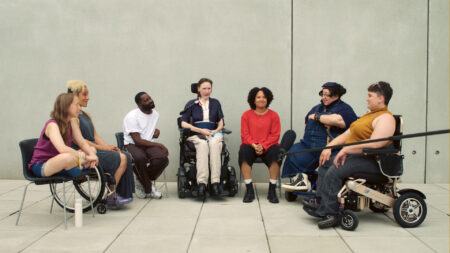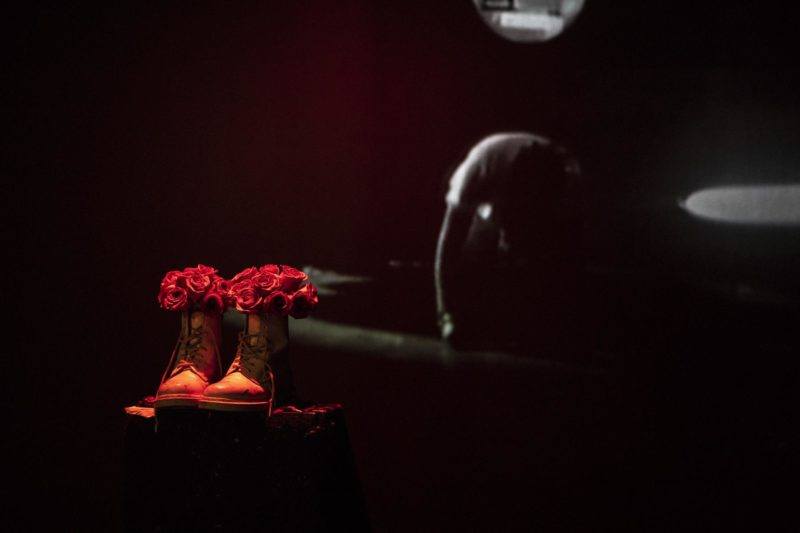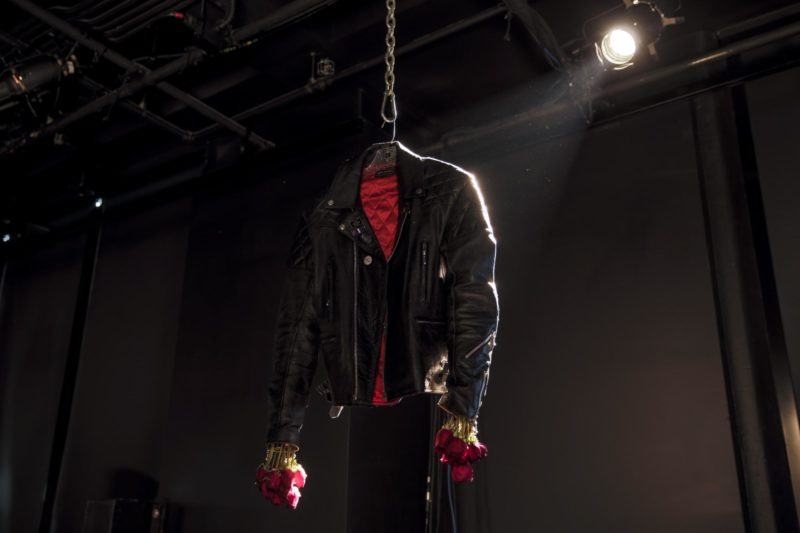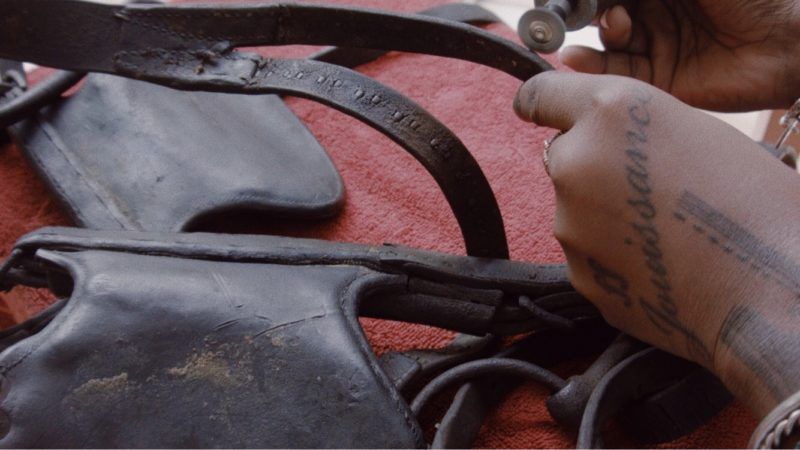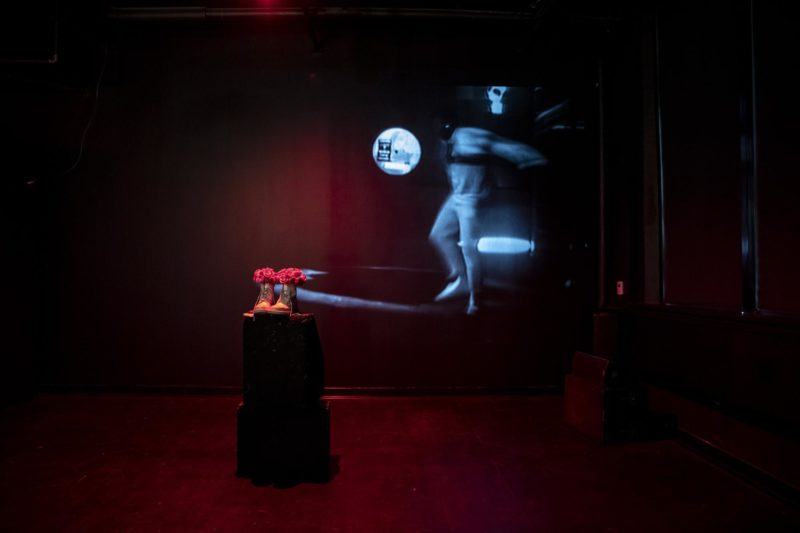Big Question
What Does the Art World Fear?
Tiona Nekkia McClodden expresses creative liberation in the club
Curating spaces has pushed me to consider the visual image of performance. Can participants be turned into performers just by being present? CLUB (2018) is one of the best executions of this, and the first time I referenced architecture. As an installation practice, I’ve admired the performativity of a club as an object that can be sculpted to serve a specific function and community. In Philly, for example, club promoters, DJs, hosts, can play trap music in a Slavic guest house—the pictures and awards from the 1800’s still on the walls, furniture still in place—and transform it into a safe and inclusive space, that is an art, these people are artists. As a filmmaker, punk and gay clubs were some of the first spaces I screened my work, simply because they had projectors. People never turn down material—you can’t just show basketball games.
I’m interested in flushing out the proximity of architectural space in relationship to identity. What the body wants to do when you walk through a door, and even though that building may be gone, that feeling never leaves a physical space. In my films, I’m trying to make work that you can walk into. What you see in your periphery informs your agency in the narrative. Even though I’ve put forth these images, you have control over a chosen path and story.
At this point, it seems that the art world fears intersectionality. Our world is all about compartmentalization; it makes it easier to cut up, and easier to sell. Within film I’m invested in the concept of “suspension of disbelief,” which is an out-of-body experience that allows you to believe what you’re watching, enabling you to empathize differently. Art is not inherently progressive. Buildings are inherently progressive and people and their actions make it so.
Tiona Nekkia McClodden
